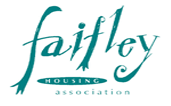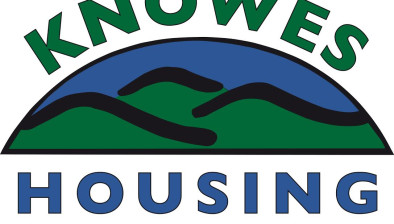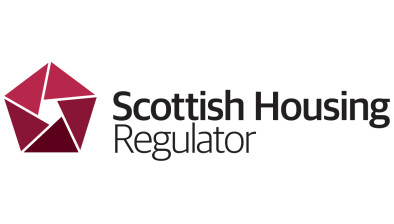Faifley orders ‘urgent’ audit into compliance with tenant health and safety legislation
 Faifley Housing Association has commissioned two major reviews to address concerns raised in a comprehensive independent review carried out earlier this year, the Scottish Housing Regulator (SHR) has revealed.
Faifley Housing Association has commissioned two major reviews to address concerns raised in a comprehensive independent review carried out earlier this year, the Scottish Housing Regulator (SHR) has revealed.
A revised engagement plan for Faifley Housing Association published this week revealed that the governing body has decided to commission a comprehensive strategic options appraisal to address the implications of the previous review findings and has also commissioned an audit of compliance with tenant health and safety legislation as a matter of urgency.
The Regulator began its engagement with Faifley after the RSL missed last year’s October 31 deadline to submit its annual assurance statement. It subsequently submitted an annual assurance statement in mid-November 2019 which acknowledged its non-compliance with the regulatory standards of governance and financial management.
According to the engagement plan, the director then left the organisation in February following a period of absence during which Faifley appointed an interim director who took steps to “refresh and strengthen” its governing body. The governing body had become depleted through multiple resignations which left its number below the minimum seven required by its constitution.
A comprehensive independent review was commissioned to establish the extent of Faifley’s compliance with both the regulatory requirements and the standards of governance and financial management. The review continued through lockdown and the methodology was subsequently amended to take account of COVID-19.
Once completed in May, the review found that Faifley does not fully meet any of the regulatory standards of an RSL.
SHR said the review “identified the lack of a business plan, serious weaknesses in the capacity of the governing body over time and failures to plan for and fulfil legal obligations associated with tenants’ safety”.
The report concluded that the governing body “had not understood or fulfilled its role and responsibilities” and “did not provide effective leadership and strategic direction over a number of years”.
According to the engagement plan, the “lack of a business plan and effective decision making framework meant the governing body reacted to operational matters as they arose, exposing Faifley to a range of significant financial, regulatory and statutory risks, including breaches of health and safety compliance for tenants and staff and in relation to equalities legislation”.
The review also identified that Faifley did not have a comprehensive performance measurement framework or consistent approach to performance monitoring. The SHR said Faifley had “incorrectly reported” elements of the Annual Return on the Charter (ARC) in relation to rental income and had “misreported its levels of compliance” with the Scottish Housing Quality Standard and Energy Efficiency Standard for Social Housing.
The report also identified “serious weaknesses” in relation to financial management, asset management and procurement. In particular, the review identified a potential failure to make adequate provision for the long term maintenance of the stock.
“As well as compromising the interests of tenants this represents a substantial potential risk to the long term viability of the RSL”, the SHR said.
The Regulator added: “The governing body accepted all of the review findings and has been working proactively with us to address these serious and widespread weaknesses including further strengthening the governing body.
“The lack of a business continuity plan meant that Faifley also faced significant challenges when the impact of COVID 19 became apparent. The IT system failed during lockdown and the lack of support for its systems added further challenge and organisational risk.
“The governing body has decided to commission a comprehensive strategic options appraisal to address the implications of the governance review findings and to ensure that the significant weaknesses in governance, statutory compliance, financial viability and capacity and capability to respond are thoroughly considered.
“It has also commissioned an audit of compliance with tenant health and safety legislation as a matter of urgency and is committed to addressing any failures as a priority. It commissioned an external validation of key performance areas in this year’s Annual Return on the Charter prior to submission of the ARC and it will carry out further work to address weaknesses in its performance reporting.”







